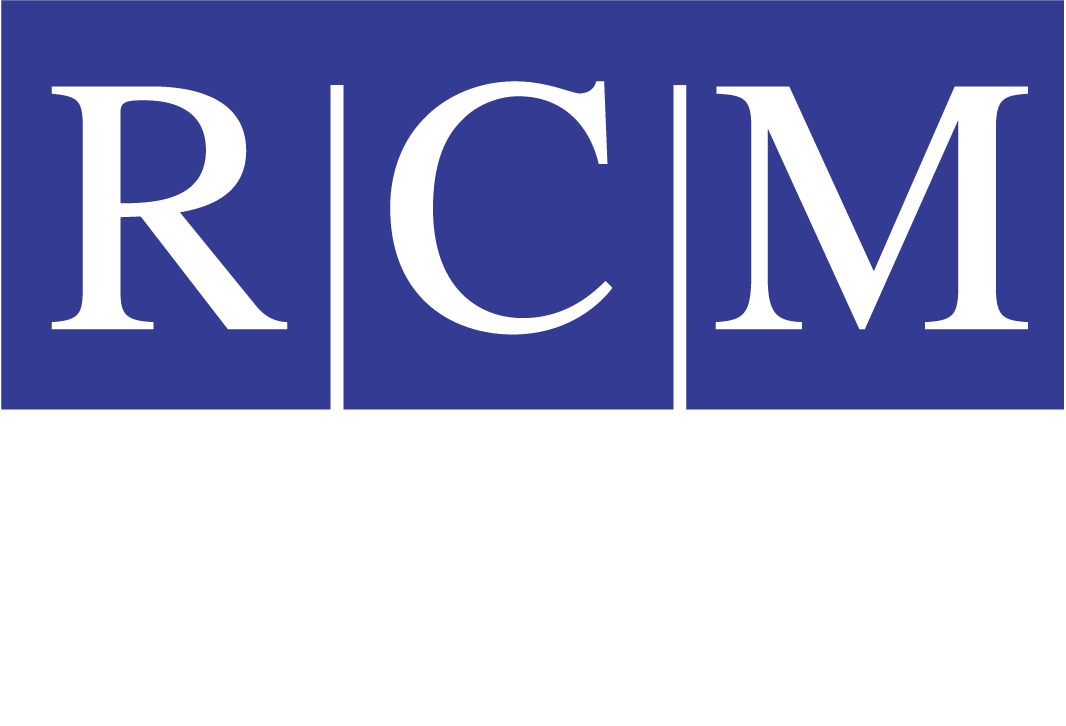765 ILCS 742 RESIDENTIAL TENANTS’ RIGHT TO REPAIR ACT
Sec. 1. Short title. This Act may be cited as the Residential Tenants’ Right to Repair Act.
Sec. 5. Repair; deduction from rent. If a repair is required under a residential lease agreement or required under a law, administrative rule, or local ordinance or regulation, and the reasonable cost of the repair does not exceed the lesser of $500 or one-half of the monthly rent, the tenant may notify the landlord in writing by registered or certified mail or other restricted delivery service to the address of the landlord or an agent of the landlord as indicated on the lease agreement; if an address is not listed, the tenant may send notice to the landlord’s last known address of the tenant’s intention to have the repair made at the landlord’s expense. If the landlord fails to make the repair within 14 days after being notified by the tenant as provided above or more promptly as conditions require in the case of an emergency, the tenant may have the repair made in a workmanlike manner and in compliance with the appropriate law, administrative rule, or local ordinance or regulation. Emergencies include conditions that will cause irreparable harm to the apartment or any fixture attached to the apartment if not immediately repaired or any condition that poses an immediate threat to the health or safety of any occupant of the dwelling or any common area. After submitting to the landlord a paid bill from an appropriate tradesman or supplier unrelated to the tenant, the tenant may deduct from his or her rent the amount of the bill, not to exceed the limits specified by this Section and not to exceed the reasonable price then customarily charged for the repair. If not clearly indicated on the bill submitted by the tenant, the tenant shall also provide to the landlord in writing, at the time of the submission of the bill, the name, address, and telephone number for the tradesman or supplier that provided the repair services. A tenant may not repair at the landlord’s expense if the condition was caused by the deliberate or negligent act or omission of the tenant, a member of the tenant’s family, or another person on the premises with the tenant’s consent.
Sec. 10. Exceptions.
(a) This Act does not apply to public housing as defined in Section 3(b) of the United States Housing Act of 1937, as amended from time to time, and any successor Act.
(b) This Act does not apply to condominiums.
(c) This Act does not apply to not-for-profit corporations organized for the purpose of residential cooperative housing.
(d) This Act does not apply to tenancies other than residential tenancies.
(e) This Act does not apply to owner-occupied rental property containing 6 or fewer dwelling units.
(f) This Act does not apply to any dwelling unit that is subject to the Mobile Home Landlord and Tenant Rights Act.
Sec. 15. Tenant liabilities and responsibilities. The tenant is responsible for ensuring that:
(1) the repairs are performed in a workmanlike manner in compliance with the appropriate law, administrative rule, or local ordinance or regulation;
(2) the tradesman or supplier that is hired by the tenant to perform the repairs holds the appropriate valid license or certificate required by State or municipal law to make the repair; and
(3) the tradesman or supplier is adequately insured to cover any bodily harm or property damage that is caused by the negligence or substandard performance of the repairs by the tradesman or supplier.
The tenant is responsible for any damages to the premises caused by a tradesman or supplier hired by the tenant. A tenant shall not be entitled to exercise the remedies provided for in this Act if the tenant does not comply with the requirements of this Section.
Sec. 20. Defense to eviction. A tenant may not assert as a defense to an action for rent or eviction that rent was withheld under this Act unless the tenant meets all the requirements provided for in this Act.
Sec. 25. Mechanics lien laws. For purposes of mechanics lien laws, repairs performed or materials furnished pursuant to this Act shall not be construed as having been performed or furnished pursuant to authority of or with permission of the landlord.
Sec. 30. Home rule. A home rule unit may not regulate residential lease agreements in a manner that diminishes the rights of tenants under this Act. This Section is a limitation under subsection (i) of Section 6 of Article VII of the Illinois Constitution on the concurrent exercise by home rule units of powers and functions exercised by the State.
DISCLAIMER: Please Note: this page contains the statutory text of the Illinois statute regarding residential tenants’ right to deduct. Other laws, local, federal, and contained in the Illinois common law may also apply. The law is constantly changing and this text may not be the most up to date. This information is not suitable for any State other than the State of Illinois. No representations or warranties are made as to the completeness or accuracy of the information contained on this page. Please consult a lawyer before taking ANY action.
